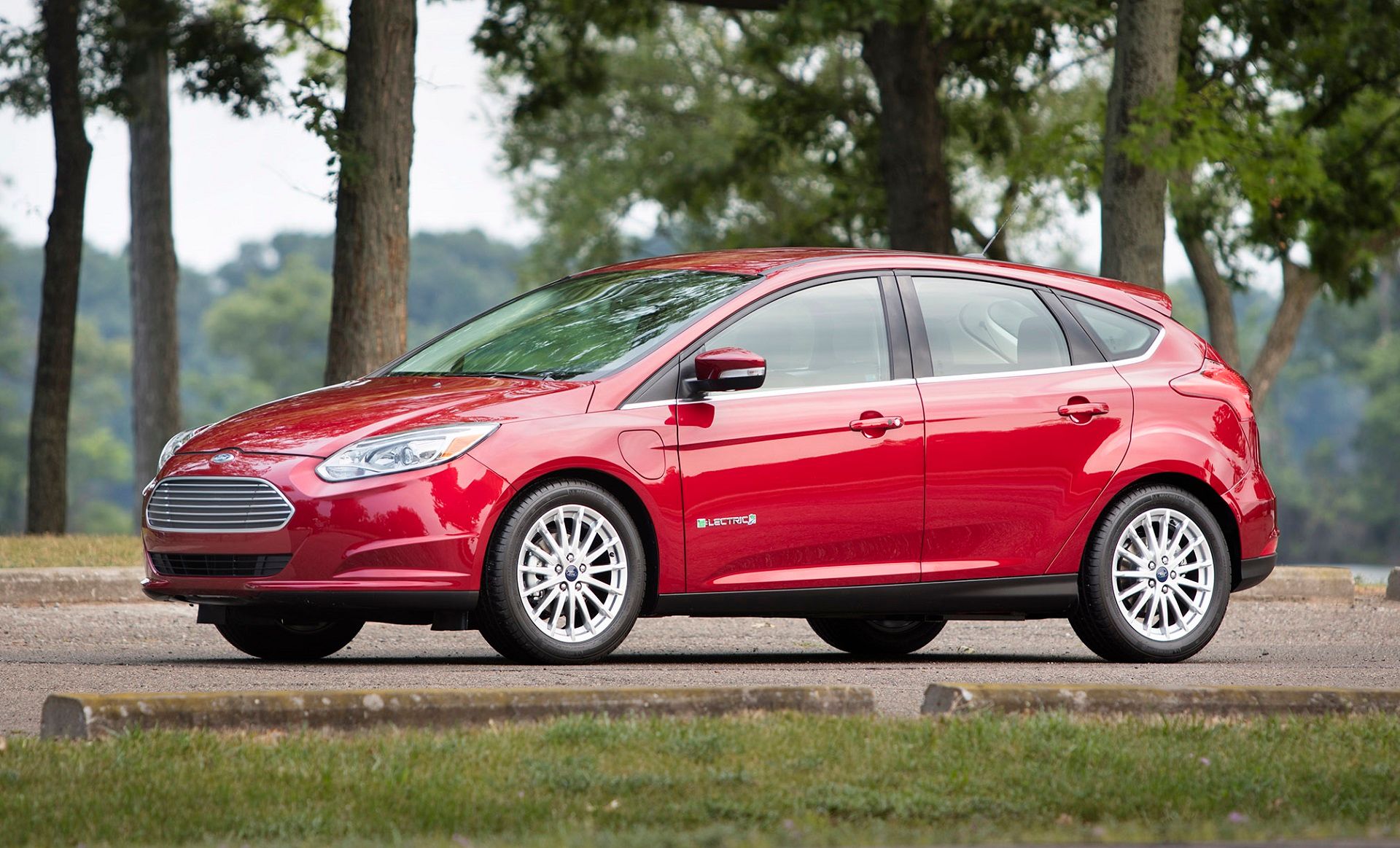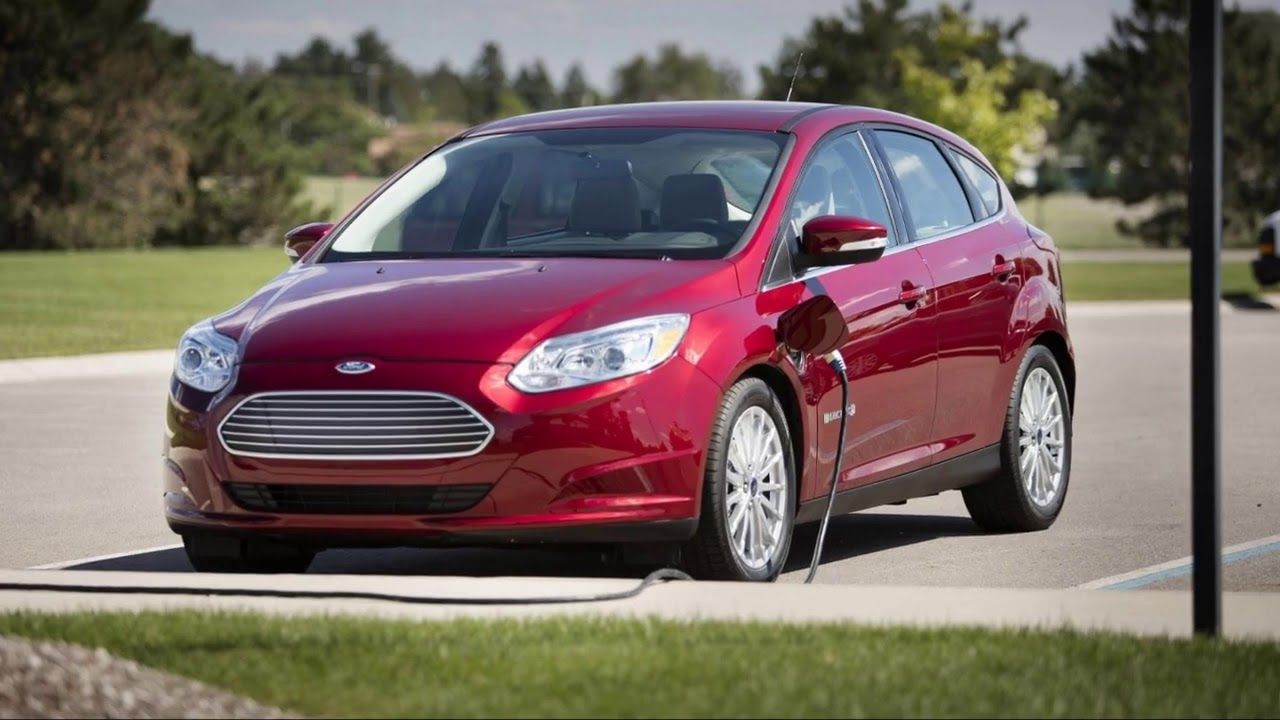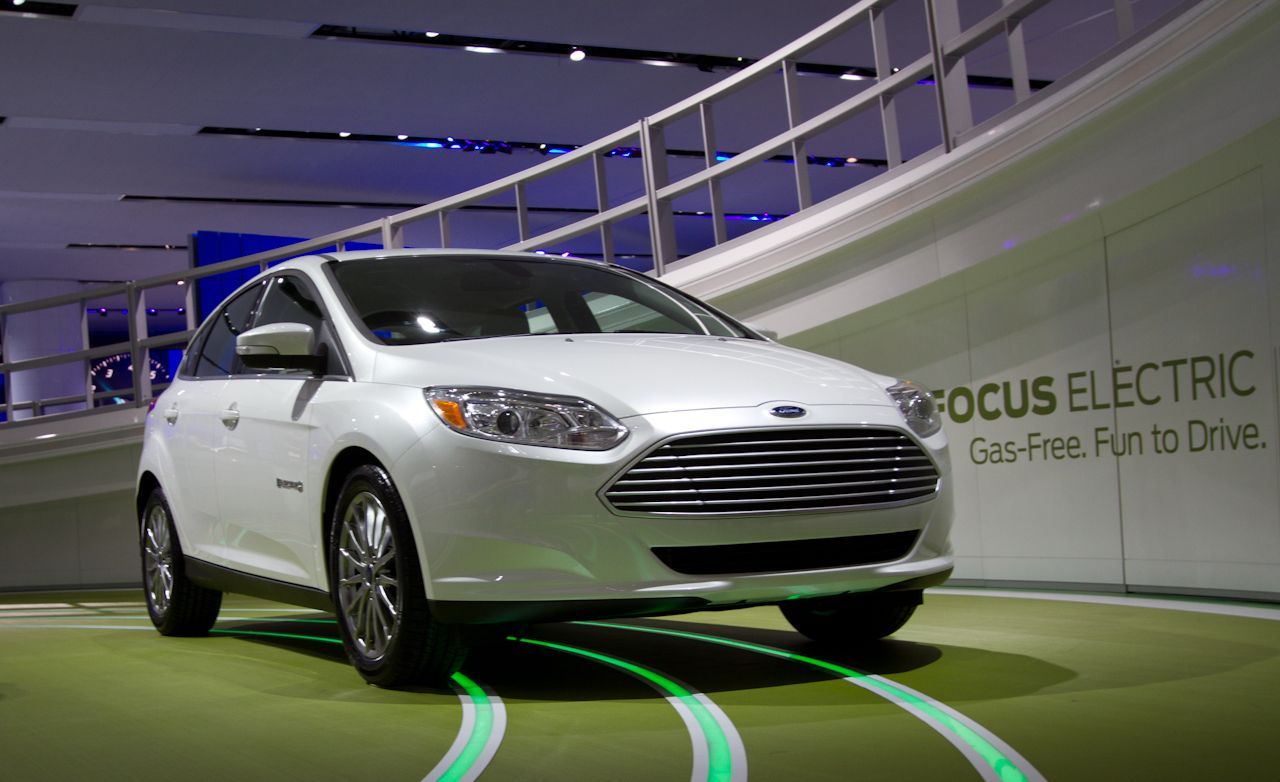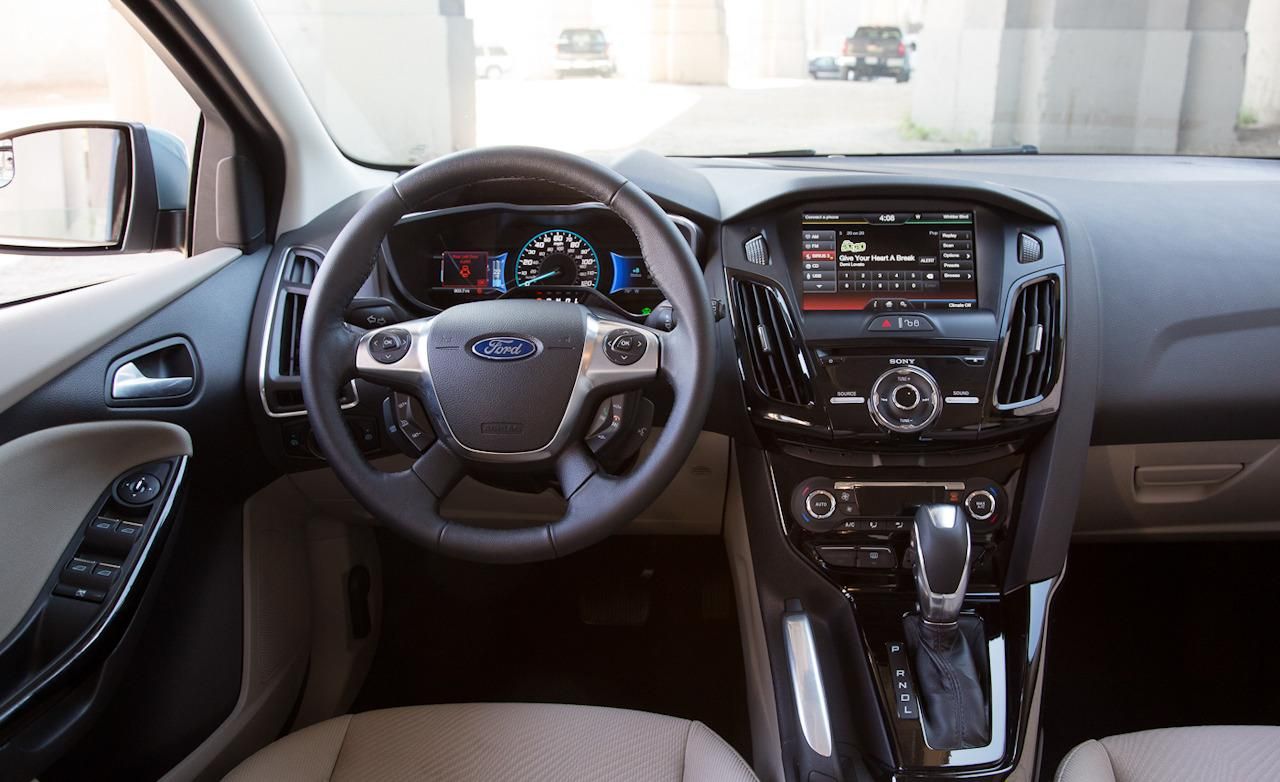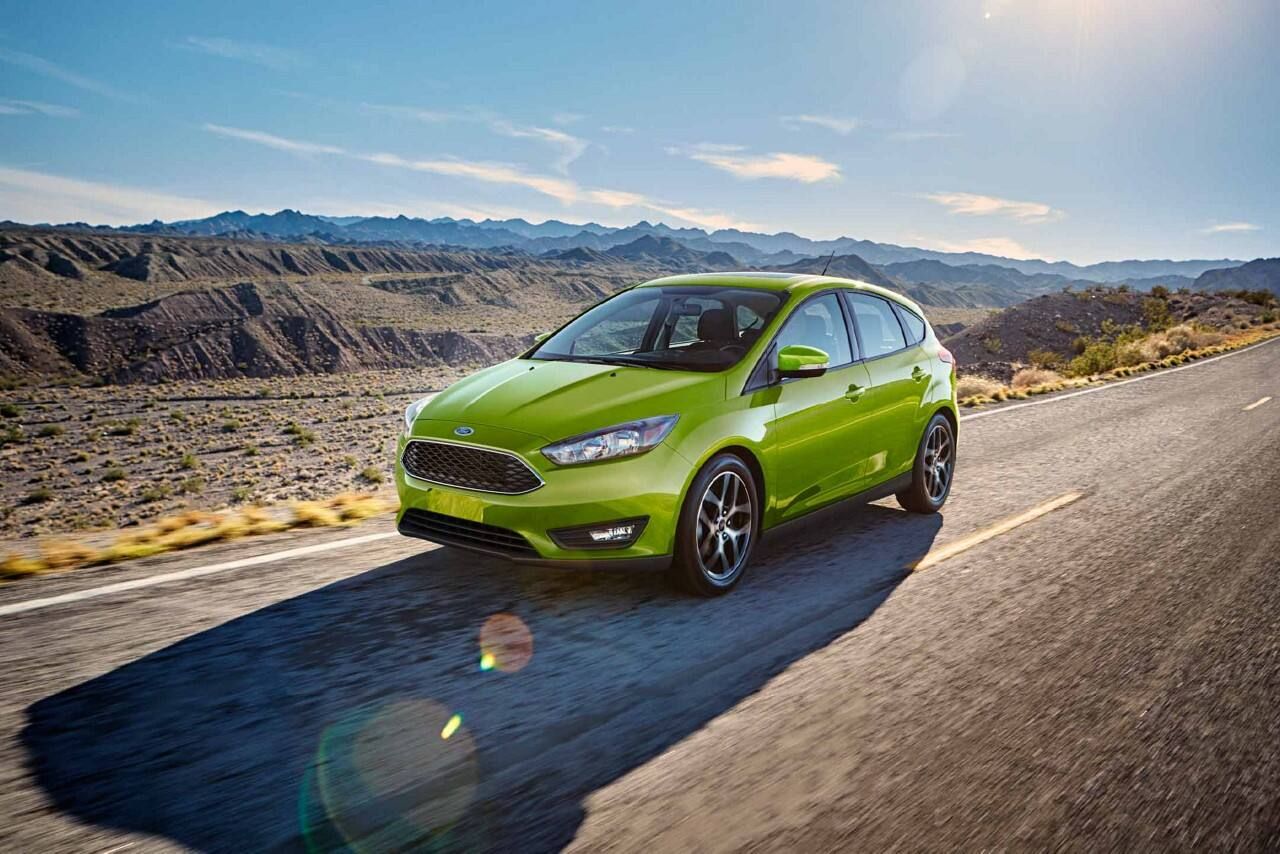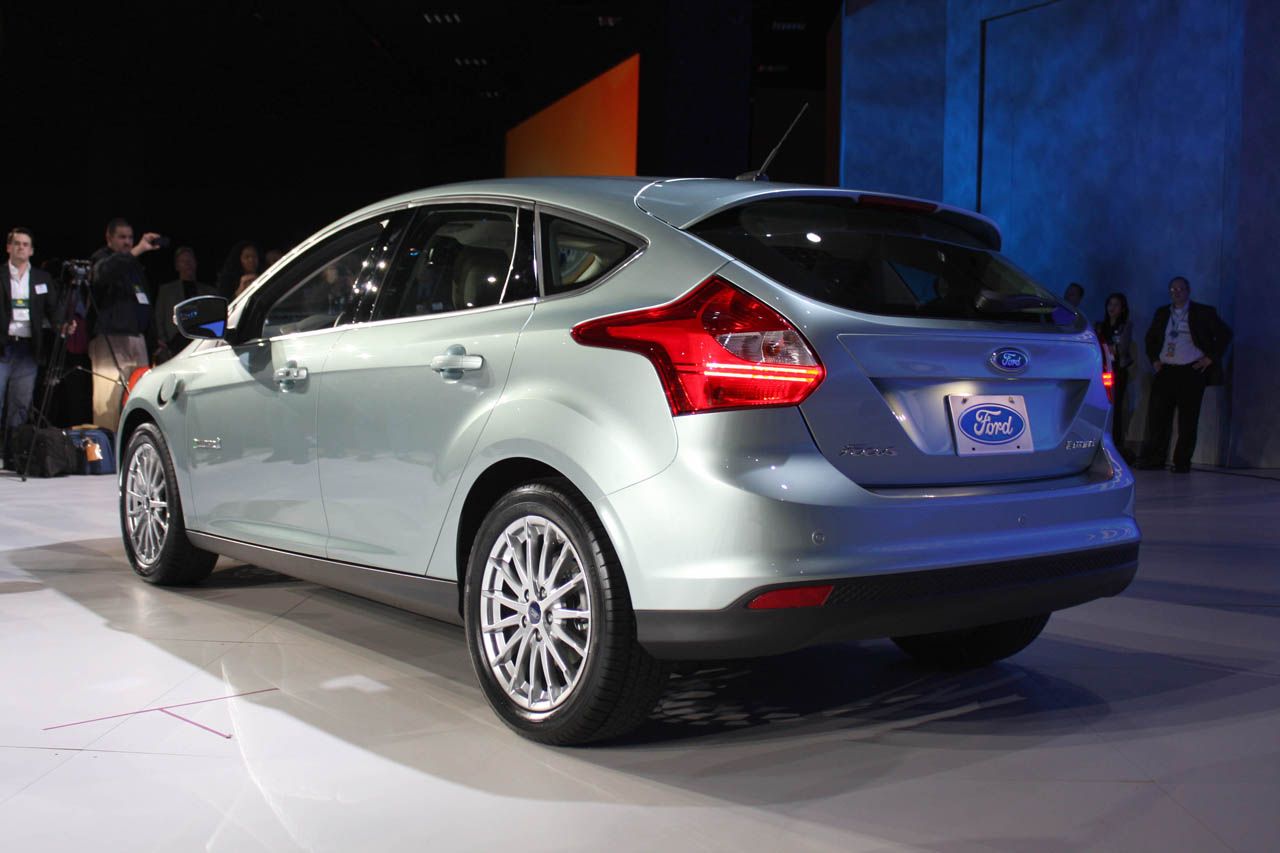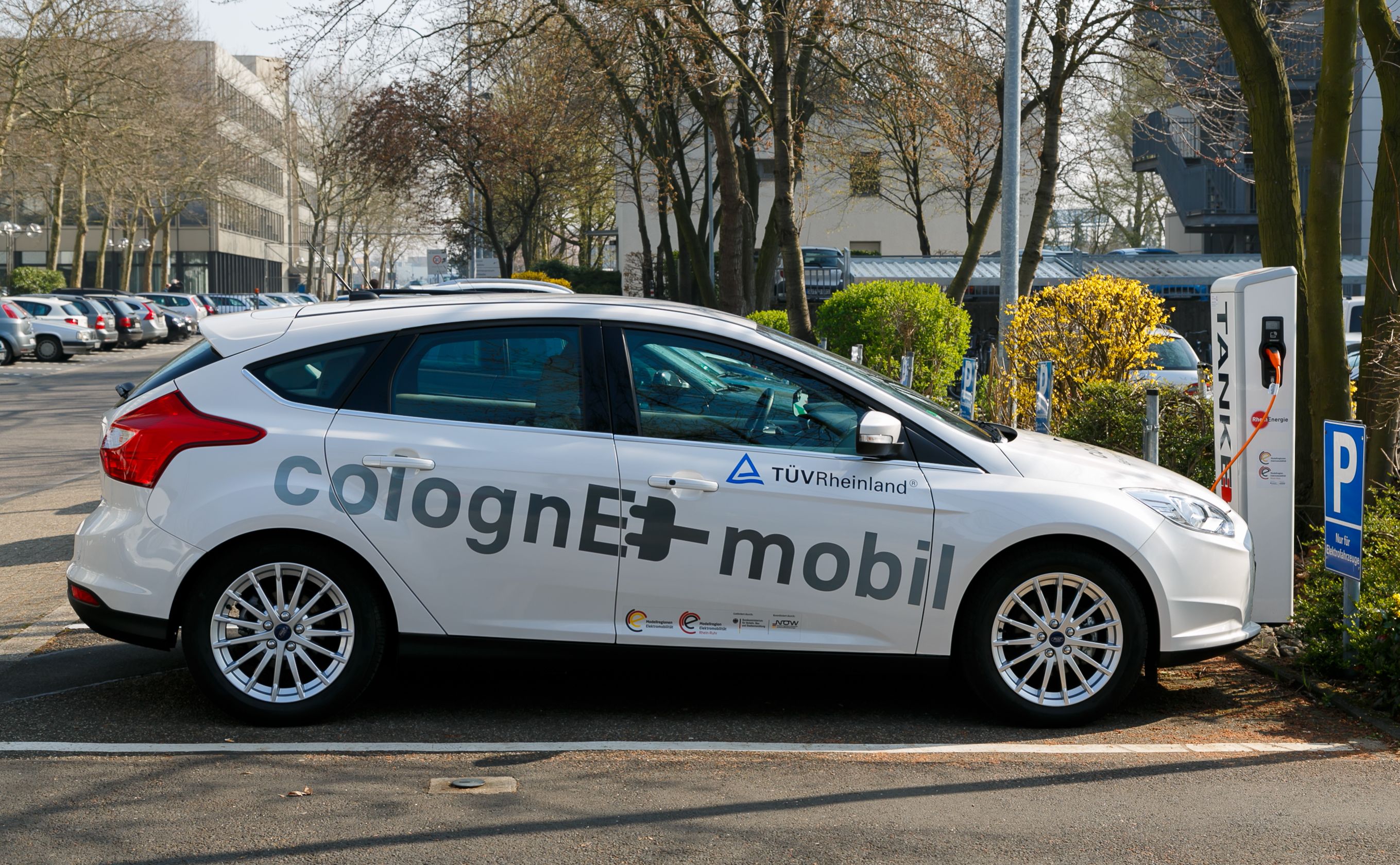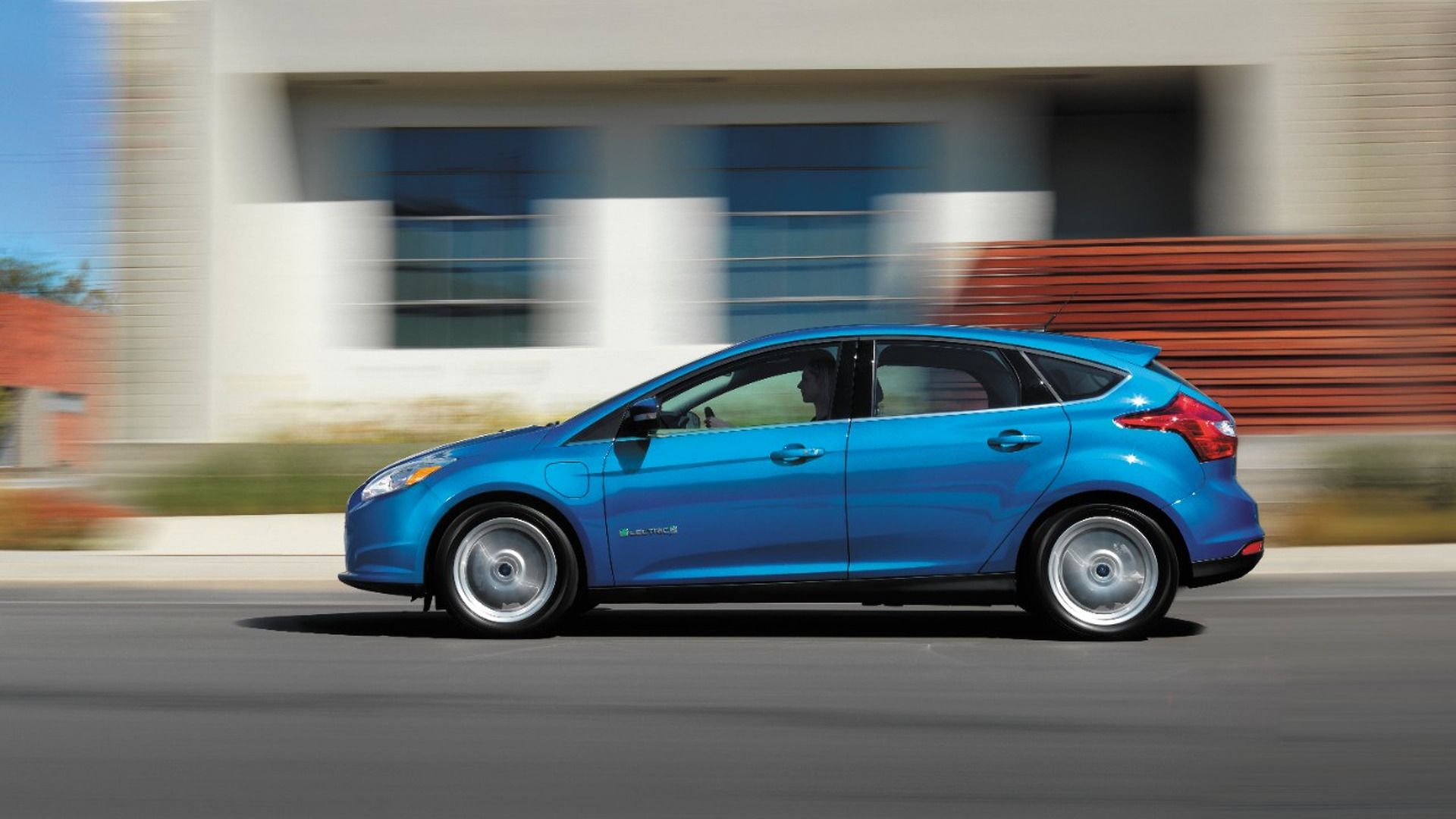Now so more than ever, consumers and car manufacturers are turning towards alternative forms of powering their cars. The most successful, so far, is that of electric and hybrid vehicles, with some brands making much more progress than others. A good example of such a company is Ford in the current year.
Ford has a few hybrid and plug-in versions, but, for the purpose of this article, lets focus (No pun intended) on Ford's newer all-electric urban commuter: The 2018 Ford Focus Electric. More specifically, though, delving into what the car's serious pro's and con's are...
10 Pro: Fuel Costs
The first, and most obvious, pro/advantage of purchasing a car like the 2018 Ford Focus Electric is the independence from fuel costs. Since this Focus is all-electric, drivers can be sure that they'll save some money along the way.
Similar to the stock market, fuel prices are incredibly volatile and, often, unpredictable. As such, buying an electric car will certainly alleviate some level of consumer anxiety. To add to that, electricity costs for charging the Focus are significantly less than the average gallon of 87-octane.
9 Con: Awful Turning-Radius
Now, if you're buying a Ford Focus Electric, you're most likely not looking for race car-like performance and grip in the city streets. Of course, that's reasonable, however, you'd at least want the car to turn on an dime.
The Ford Focus, sadly, does no such thing. With the combination of a small body and front-wheel drive, getting out of a tight spot or a narrow parking garage is surprisingly difficult for the Focus. Nevertheless, the issue persists.
8 Pro: Affordability
Thanks to mainstream businesses and companies like Tesla, electric cars have evolved past a luxury item reserved for the rich. Instead, there are several choices nowadays for an affordable gas-saver.
One such example is the Ford Focus Electric. Most all-electric cars start around the $30,000 range, however, the Focus Electric is closer to $20,000 and $25,000 new. Not too shabby for a ecologically/budget-friendly daily driver!
7 Con: No Exhaust Sounds
What stops car enthusiasts from going the electric route isn't some hatred for the environment or the poor performance (As a few electric cars are quite fast), but, rather, the small things.
A large problem automotive enthusiasts have with electric cars is the engine note. Or, actually, the lack-there-of, since they produce only a slight whining sound. A few manufacturers have tried to remedy this through an artificial exhaust, but it only sounds cheap and fake; nowhere near the real noise.
6 Pro: Same Features As The Normal Focus
Because the standard version Ford Focus is so cheap (As low as $12,000 to $16,000), you aren't going to lose much when you go for the Electric model. All of the extra features that would be expected in a regular Focus will still be in the Electric version.
Since it's a relatively new car, the Focus Electric is obviously going to have the basic amenities: Bluetooth, radio, cellphone compatibility, and so on. Don't worry, though, it won't drain the battery too badly.
5 Con: Reliability
Not every popular carmaker is capable of continually making well-built and reliable vehicles. Perhaps the biggest, and largest, example of such a manufacturer is Ford: Occasionally making good cars every so often.
A stereotype of Ford is their recalls and reliability issues. And, due to all-electric vehicles being a somewhat new technology, it's unlikely that Ford will be the ones to master the craft. Hopefully, this is proven wrong, yet, hopes remain low for now...
4 Pro: Tax Incentives
Having a car that's cheap off the lot is always great (For the most part), as well as one that helps to save money over time. What many people don't think about, though, is how you can save on taxes!
In most parts of the world, at least in a large portion of Europe and the U.S., governments will either increase or decrease taxes depending on the specific vehicle's environmental impact. Consumers who decide to get an electric car will notice that the taxes are not only decreased for the car itself, but also provides a discount of sorts at the end of the fiscal year.
3 Con: Less Room
There's a lot of things that car manufacturers are still trying to figure out about electric engines and a battery sufficient enough to sustain the vehicle. As a result, the lithium-ion batteries present in electric cars (Including the Focus) are usually very big.
These large batteries are either stored underneath the vehicle or hidden away, but not in the Focus. In fact, some room is sacrificed in the boot and other storage areas for the privilege of having zero-emissions.
2 Pro: Still A Focus At Heart
Regardless of the lack of an engine noise, reduced storage capacity, and extremely low speeds, the Ford Focus Electric still maintains its Focus soul. That is, that the Focus still drives/acts like the normal Ford Focus.
Now, it's not going to be as quick, but will still be as maneuverable as the fueled alternative. To add to that, the Electric looks almost indistinguishable from the regular Focus; just with a few extra plastic bits and no gas-cap.
1 Con: Speed Limiter
The last problem with the Focus Electric is what will ruin this car for just about every automotive enthusiast and speed junkie. Yes, the non-existent exhaust note is bad, yet, not nearly as terrible as a speed limiter set at a double-digit speed.
The speed limiter on the Ford Focus Electric is locked at (Around) 82 to 84 miles-per-hour. That's very slow, even for most normal drivers on the interstate! The worst part, though, is that removing the limiter will immediately void any warranty.

